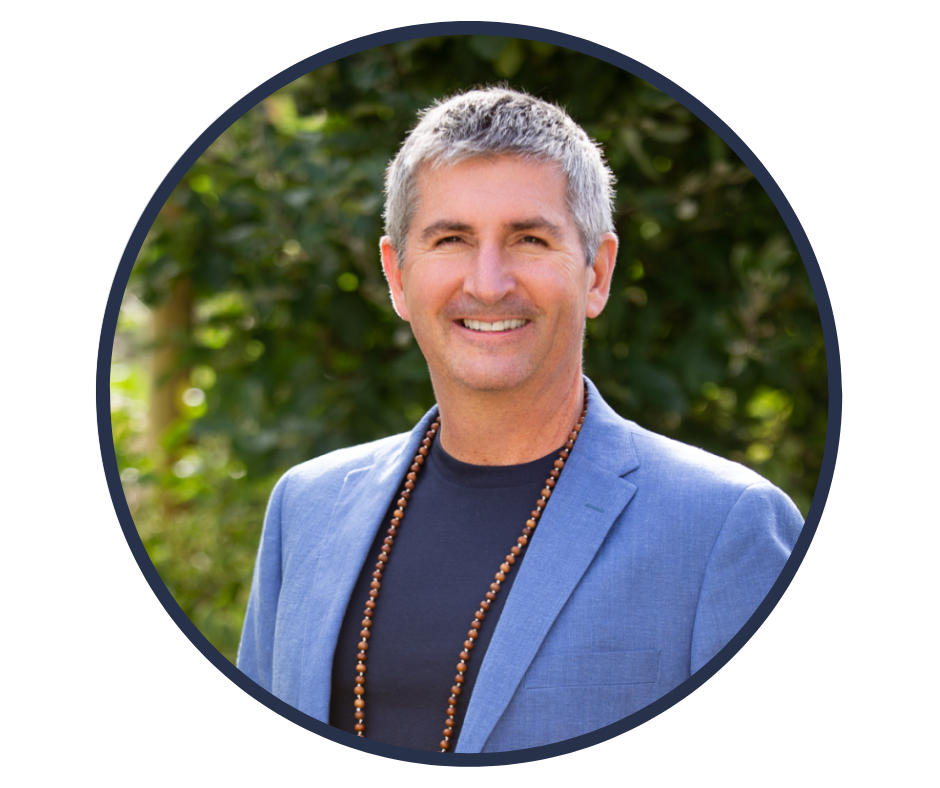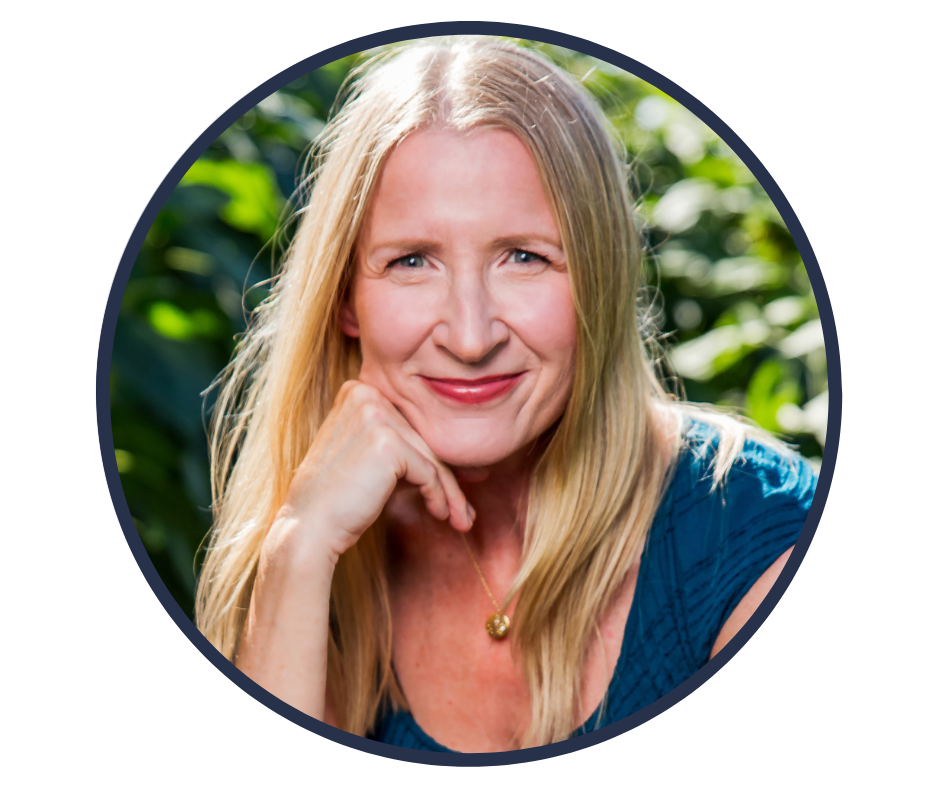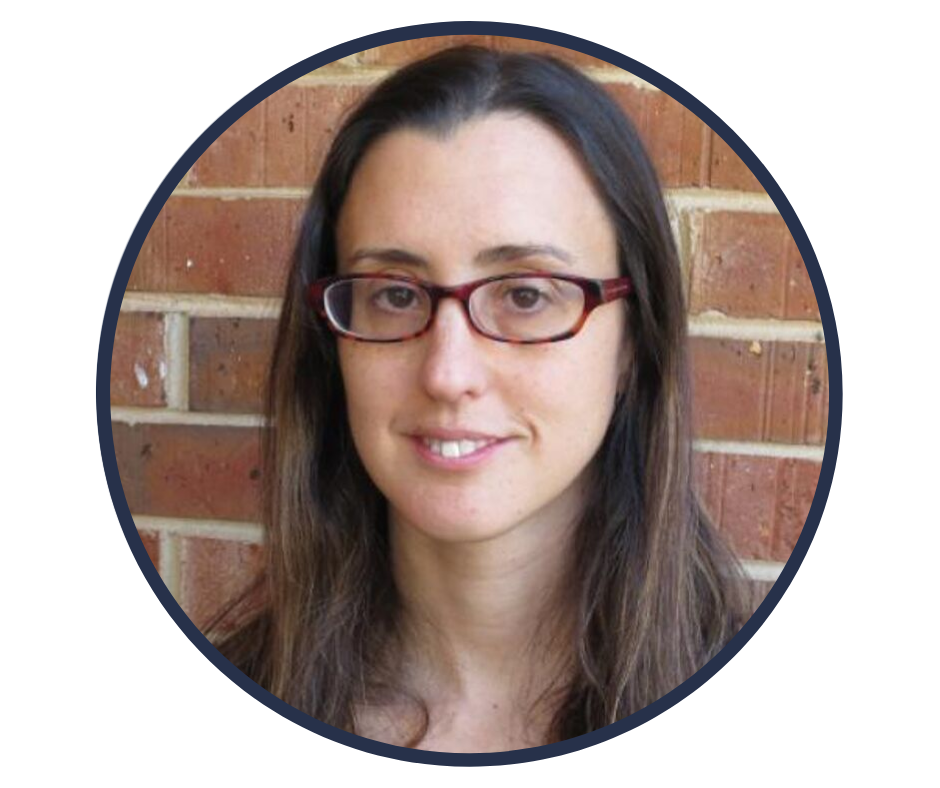Pain, A Loss to be Grieved

Pain, A Loss to be Grieved
This course includes
The instructors
Overview
Grief counselling may be the most neglected aspect of pain care within modern pain management programs.
We lose so much when pain persists.
Given the power of grief, and that anything able to drive the hypervigilance of the individual and the nervous systems can maintain pain, understanding grief and pain is vital.
In this online course, Antonio will discuss loss, grief, and pain, their relationships and similarities, and how they affect one another. Specific ideas and practices of yoga to work with loss, grief, and pain through this lens will be offered.
What you will learn can be effectively applied via virtual and in-person consults.
Given that pain has a strong subjective component, by learning new ways to connect with it, and practicing new ways of addressing it, an individual can become much more suited to manage it.
Empowering individuals to take matters into their own hands increases self-efficacy and is effective in turning around the often confrontational and hostile inner dialogue with pain. Thus an individual can tap into the ‘call to reconnect’ meta-message that pain entails.
It is often recognized that while pain is unavoidable, suffering – resulting from the mental and emotional responses to pain - is.
Reducing suffering is key to both pain management and grief work and, at the same time, one of the core goals of Yoga.”
In Yoga and Science in Pain Care - Chapter 13, Sausys expresses that:
“pain disrupts the balanced state of health and, at the same time, signals the need to return to it. It can be associated with tissue damage, resulting in physical pain, or derived from the damage caused to the connective psychic matrix that ensures the integrity of the self, resulting in psychological pain."
In any case, the balance of physical or psychological health we are attached to for normal functioning is ruptured or lost.
Then pain, as a primary loss, elicits the appearance of several secondary losses such as loss of functionality, income, status, quality of life, self-image, body, and psychological identity amongst others.
Pain and grief are intimately related basic human experiences that enter into a particular feedback loop that perpetuates each other’s appearance. For that reason, it is important to understand how these two processes are related and the implications of their interconnection.
Join Antonio Sausys, Neil Pearson, Shelly Prosko, and Marlysa Sullivan for Yoga and Science in Pain Care Chapter 13: Pain, A Loss to be Grieved.
Learning objectives
In this online course, we will:
- Identify pain as a loss to be grieved
- Explain the interconnectedness of both processes
- Explore possible meta-communications of pain
- Expose how an individual’s self-involvement through practice can enhance efficacy in pain management
- Guide three techniques to balance emotional reactivity to pain, cognitively reframe the experience of pain, and deidentify oneself from painful experiences
- Answer to emerging comments and questions
Audience
This course and the entire Yoga and Science in Pain Care series is intended for:
- Practitioners including yoga therapists and healthcare practitioners interested in integrating yoga with their persistent pain population to expand their approaches in clinical practice
- Yoga teachers interested in understanding aspects of the science behind yoga and pain
- Medical/healthcare professionals who want to better understand pain or want to integrate yoga and mind/body practices
- Mind/body contemplative practitioners/researchers/clinicians who want to better understand the science around pain and how yoga as a mind/body practice works with people in pain
- Yoga practitioners or integrative health consumers who want an in-depth read with practical knowledge in this field.
- Yoga therapist programs and medical university/college programs that require online course study in pain care
- Schools that have online mind/body programs as stand-alone modules or as part of medical programs and other mind-body institutions.
- People suffering from pain, particularly those keen about learning some practices to help with pain self-care and who want to learn more about the value of integrating pain science and yoga
We also hope that this series will help bring together yoga therapists and health professionals. There is value in blending science and yoga therapy in pain care – for the person in pain, for the health professional, and for the yoga professional.
The instructors

MA, IGT, CMT, C-IAYT
Antonio Sausys is a somatic psychologist and yoga therapist specializing in grief counseling and therapy.
He studied with Hugo Bilsky and Yoga masters and teachers such as Indra Devi, Ram Dass, Swami Shankaradevananda, Swami Ekananda, Babashi Singh and Swami Mairtreyananda. He has continued his professional development with training in Integrative Grief Therapy with Lyn Prashant, Foot Reflexology, Swedish Therapeutic Massage and Reiki.
Antonio presents his work both nationally and internationally at Schools and Universities and leads retreats at Ashrams, Retreat Centers and Yoga Studios., is a member of the World Yoga Council, the International Association of Yoga Therapists, a TV Host for YogiViews and the founder and Executive Director of ‘Yoga for Health’ the International Yoga Therapy Conference. He is the author of ‘Yoga for Grief Relief: Simple Practices for Transforming Your Grieving Mind and Body’ (New Harbinger).

PT, MSc(RHBS), BA-BPHE, C-IAYT, ERYT500
Neil is a physical therapist, yoga therapist, author, researcher, Clinical Associate Professor at the University of British Columbia, faculty in three IAYT-accredited yoga therapy programs, board member for the International Association of Yoga Therapists and pain care advocate. He conducts research into the effects of yoga on veterans with chronic pain and people with osteoarthritis. Neil is the recipient of awards honouring his work in pain care, patient education and physiotherapy by Queen’s University, the Canadian Pain Society and both provincial and national physiotherapy associations, including the Canadian 2021 Medal of Distinction.
Neil is a consultant to Partners in Canadian Veterans Rehabilitation Services, and to Lifemark’s 300+ clinics in Canada. Neil is a past board member for Pain BC, Canada’s premier non-profit transforming the way pain is understood and treated. He co-authored – Yoga and Science in Pain Care 2019, authored the patient education ebook, Understand Pain Live Well Again in 2008, and is lead contributor to many free patient resources offer by Pain BC.
For more information and course offerings, see www.paincareaware.com

PT, C-IAYT, PCAYT
Shelly has been helping people recover and flourish since 1998 as a physiotherapist, yoga therapist, educator, author and pioneer of PhysioYoga, blending evidence-informed body-mind-breath-spirit-heart centered practices and principles, such as yoga, into physiotherapy with a focus on chronic pain, pelvic health, compassion in healthcare and professional burnout. She is on faculty at several therapy programs, presents at medical conferences globally, contributes to academic research and writing, provides classes, courses and resources for the general population, and offers continuing education courses and mentorship for professionals.
She considers herself a lifelong student and emphasizes the immense value gained from clinical experience and learning from those she serves, the professionals she teaches, and the colleagues with which she collaborates.
Shelly is the co-editor/author of the book Yoga and Science in Pain Care: Treating the Person in Pain and has authored numerous book chapters in a variety of rehabilitation textbooks.
She maintains a clinical practice in Sylvan Lake, Alberta and believes compassion (including self-compassion), meaningful connections, spending time in nature and sharing joy are powerful contributors to rehab and well-being.
Visit www.PhysioYoga.ca to learn more.

MPT, C-IAYT
Marlysa is a physiotherapist and yoga therapist with over 15 years of experience working with people suffering with chronic pain conditions. She is an Assistant Professor in Yoga Therapy and Integrative Health Sciences at Maryland University of Integrative Health and holds an adjunct position at Emory University, where she teaches the integration of yoga and mindfulness into physical therapy practice in the DPT program. She is also the author of Understanding Yoga Therapy: Applied Philosophy and Science for Well-being and co-editor of Yoga and Science in Pain Care: Treating the Person in Pain as well as several peer-reviewed articles.
Marlysa has been involved in the professionalization of the field of yoga therapy through the educational standards committee of IAYT, which helped to define the competencies for the field, and in characterizing the yoga therapy workforce through research. Her research interests focus on defining the framework and explanatory model for yoga therapy based on philosophical and neurophysiological perspectives.
Material included in this course
-
Yoga and Science in Pain Care Chapter 13: Pain, A Loss to be Grieved
-
Introduction
-
Defining Grief
-
Symptoms of Grief
-
Practices for Pain and Grief Pt1
-
Practices for Pain and Grief Pt2
-
Questions Pt1
-
Questions Pt2
-
Conclusion
-
Feedback
Is this course part of a series of courses?
Yes, this individual course is part of a larger series: The Yoga and Science in Pain Care Book Club Series. You can choose to register for this individual session or you can register for the entire series at a discount. Click here to learn more and register for the entire Yoga and Science in Pain Care Book Club Series.
Is a certificate of completion included with this course?
Once you have completed the course, a certificate of completion (including learning hours and course information) will be generated. You can download this certificate at any time. To learn more about course certificates on Embodia please visit this guide.
This can be used for continuing education credits, depending on your professional college or association. If this course has been approved for CEUs in specific jurisdictions, it will be noted on the course page and CEU information may be added to your course certificate. Please read this guide for more information.
Is the Course Eligible For CEU's?
The answer is dependent on your profession and geographic location of practice.
For Canadian Physiotherapists, this course counts towards your learning hours and professional portfolio.
For Physical Therapists in the U.S., you can find all Licensing Authorities Contact Information by going here. Many states accept an individual's application for CEUs by submitting the course syllabus, instructor information, receipt showing payment, and course certificate.
For other professions and jurisdictions, please submit the course description, learning objectives, and instructor bios we have provided to your professional body to review.